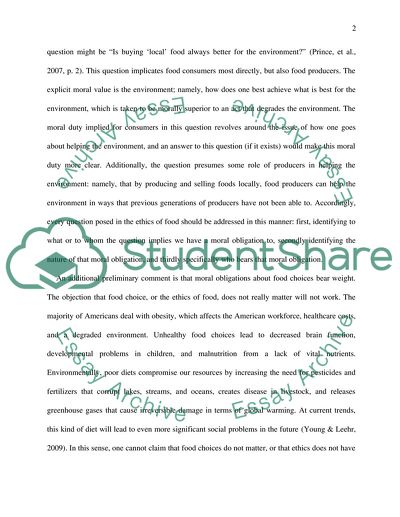Cite this document
(Essence Of Food Ethics To Human Life Term Paper, n.d.)
Essence Of Food Ethics To Human Life Term Paper. Retrieved from https://studentshare.org/marketing/1751605-the-ethics-of-food-philosophy-term-paper
Essence Of Food Ethics To Human Life Term Paper. Retrieved from https://studentshare.org/marketing/1751605-the-ethics-of-food-philosophy-term-paper
(Essence Of Food Ethics To Human Life Term Paper)
Essence Of Food Ethics To Human Life Term Paper. https://studentshare.org/marketing/1751605-the-ethics-of-food-philosophy-term-paper.
Essence Of Food Ethics To Human Life Term Paper. https://studentshare.org/marketing/1751605-the-ethics-of-food-philosophy-term-paper.
“Essence Of Food Ethics To Human Life Term Paper”, n.d. https://studentshare.org/marketing/1751605-the-ethics-of-food-philosophy-term-paper.


